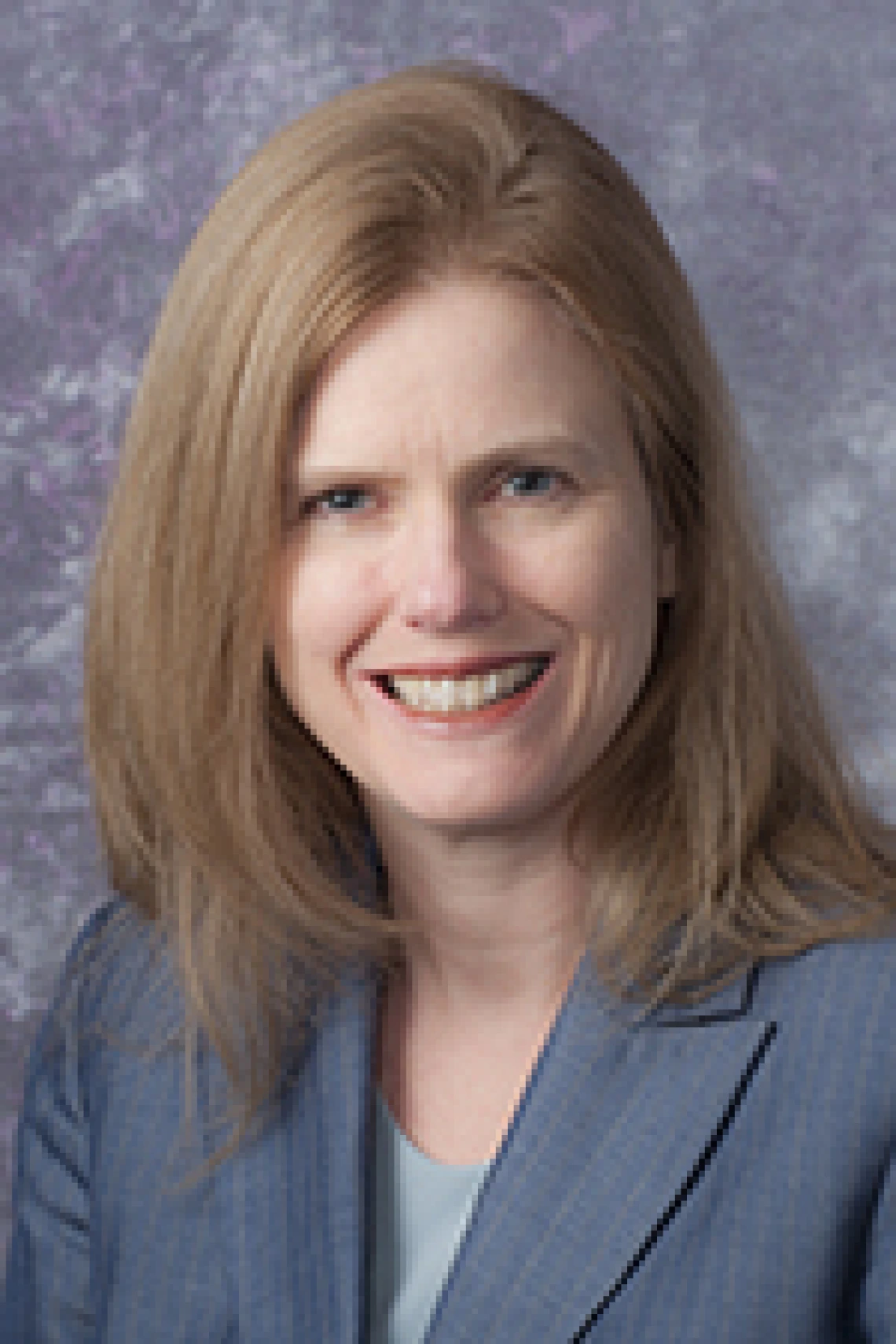New Chief of Hematology and Oncology at UA Health Sciences, a Noted Head and Neck Cancer Specialist, Looks Forward to ‘Homecoming’

 Julie E. Bauman, MD, MPH, is no stranger to Tucson.
Julie E. Bauman, MD, MPH, is no stranger to Tucson.
The renowned head and neck cancer specialist and physician-scientist, who starts Sept. 1 as a professor of medicine and the new chief of the Division of Hematology and Oncology at the University of Arizona College of Medicine – Tucson and associate director of Translational Research at the UA Cancer Center, is a 1985 graduate of Salpointe Catholic High School.
“For me, it’s a homecoming,” Dr. Bauman said. “I was raised in Tucson. The Southwest is my home, my community and my culture. I did my junior faculty experience nearby at the University of New Mexico Cancer Center and returning to a leadership position at a Southwestern cancer center in an underserved state seems like the natural step for me in terms of my service.”
She spent the past four years in Pittsburgh, where she was associate professor of medicine at the University of Pittsburgh Cancer Institute (UPCI), co-leader of the UPCI Head and Neck Cancer Program, director of its Head and Neck and Thyroid Cancer Sections, and co-director of the Head and Neck Cancer Center of Excellence at the University of Pittsburgh Medical Center. She has been a member of the National Cancer Institute (NCI) Head and Neck Cancer Steering Committee, and currently chairs the Immunotherapy Working Group for the NCI Recurrent/Metastatic Task Force. Her research focuses on design of biomarker-driven, early-phase clinical trials to prevent and improve survival in head and neck cancer—a disfiguring and devastating disease.
The Division of Hematology and Oncology is part of the UA Department of Medicine—the largest department in the College of Medicine – Tucson—and functions largely through the UA Cancer Center, which had its designation as the only Comprehensive Cancer Center with headquarters in Arizona renewed recently by the National Cancer Institute (NCI) along with the award of a five-year, $17.6 million support grant.
“I am so pleased to welcome Julie,” said Department of Medicine Chair Monica Kraft, MD, UA professor of medicine and the Robert and Irene Flinn Endowed Chair of Medicine. “She has an outstanding track record of research and clinical training, and will lead our hematology/oncology division to greatness. Her work not only aligns very well with strengths at the University of Arizona, but she brings new therapeutic programs with her as well.”
Dr. Bauman said she’s delighted to be working with UA Cancer Center Director Andrew S. Kraft, MD, a professor of medicine, UA Health Sciences associate vice president for oncology programs and senior associate dean for translational research, and the Sydney E. Salmon Endowed Chair at the UA College of Medicine – Tucson.
“We’re excited by the strengths—research, clinical and advocacy—that Dr. Bauman brings to the position,” said Dr. Kraft. “They complement and augment very well many things we are already doing at the UA Cancer Center.”
Also eager for her arrival is Steven J. Wang, MD, interim chair of the UA Department of Otolaryngology — Head and Neck Surgery.
“It is exciting to have a distinguished expert in head and neck medical oncology to lead the hematology/oncology division and to join our multidisciplinary head and neck cancer program at the UA Cancer Center,” Dr. Wang said. “I look forward to working with Dr. Bauman to be able to offer unique access to innovative clinical trials and cutting-edge precision treatments for head and neck cancer patients from across Arizona and the Southwest.”
Dr. Bauman’s goal for the division is to work with faculty and staff to design and conduct rigorous clinical trials that bring cutting-edge scientific laboratory findings into the prevention and treatment of cancer. Her three areas of research have focused on “green chemoprevention”—using plants such as broccoli or their simple extracts to help the body detoxify carcinogens, battling an epidemic of throat cancer caused by human papillomavirus (HPV), and the emerging field of immuno-oncology—novel treatments to activate the immune system to fight cancer.
“Head and neck cancer fundamentally affects critical human functions—speaking, breathing, facial expressions, swallowing, eating. So, head and neck cancer and its treatments, including chemotherapy, radiation and surgery, can be disfiguring and permanently alter those functions,” Dr. Bauman said.
“The lessons I’ve learned in caring for people with this difficult disease apply across the spectrum of cancer—not only do we need to heal the patient, we also must strive to prevent cancer, and when we cannot, minimize the lasting effects of treatment on the whole person.”
Before moving to Pittsburgh in 2012, Dr. Bauman was an assistant professor in the Division of Hematology/Oncology at the University of New Mexico and UNM Cancer Center in Albuquerque. She also served as chair of UNM’s head and neck cancer and lung cancer working groups. She also was its principal investigator with the Eastern Cooperative Oncology Group (ECOG)—one of the first publicly funded cooperative research groups to perform multi-center clinical trials for cancer studies.
She completed her fellowship in medical oncology at the University of Washington’s Fred Hutchinson Cancer Research Center, where she was chief fellow then an assistant professor of medicine. She completed her residency in internal medicine at the University of Utah and earned her medical and master’s in public health degrees from Tufts University. Her undergraduate degree in psychology is from Eastern Michigan University.



